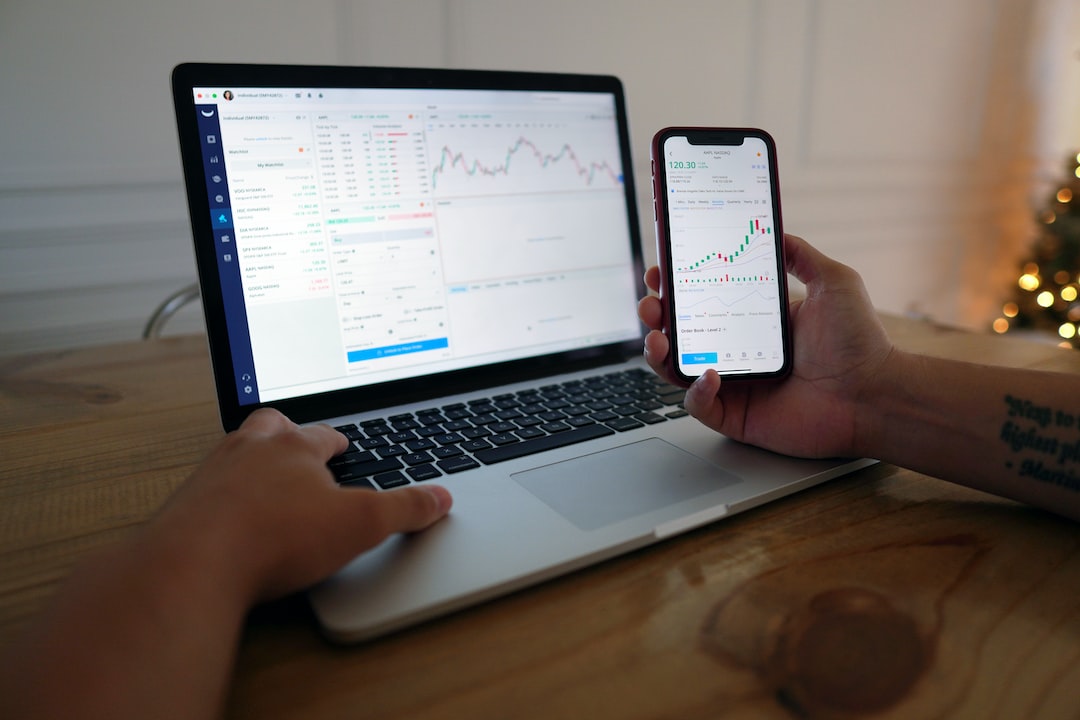The Pros and Cons of Automated Forex Trading Systems
In recent years, automated forex trading systems have gained popularity among traders. These systems, also known as forex robots or expert advisors, are computer programs that generate trading signals and automatically execute trades on behalf of the trader. While these systems offer convenience and potential profitability, they also come with certain drawbacks. In this article, we will explore the pros and cons of automated forex trading systems.
Pros:
1. Emotion-free trading: One of the biggest advantages of automated forex trading systems is that they eliminate emotions from the trading process. Emotions such as fear and greed can often cloud a trader’s judgment and lead to impulsive and irrational trading decisions. By using a computer program to execute trades, traders can avoid making emotionally-driven mistakes and stick to their pre-defined trading strategy.
2. 24/7 trading: Unlike human traders, automated systems can trade 24 hours a day, 5 days a week, as they do not require sleep or rest. This allows traders to take advantage of trading opportunities in different time zones and markets, which would be impossible for a human trader to do manually. Automated systems can continuously monitor the market and execute trades as soon as the predefined conditions are met, ensuring that no potential profit is missed.
3. Backtesting and optimization: Automated forex trading systems allow traders to backtest their strategies using historical data. This means that traders can simulate their trading strategies on past market conditions to evaluate their performance. By analyzing the results of backtesting, traders can identify the strengths and weaknesses of their strategies and make necessary adjustments to optimize their trading approach.
4. Speed and efficiency: Automated systems are capable of executing trades at high speeds, which can be crucial in fast-moving markets. They can instantly react to market changes and execute trades without any delay, ensuring that traders can enter and exit positions at the desired prices. This speed and efficiency can be particularly advantageous in volatile markets where prices can change rapidly.
Cons:
1. Lack of flexibility: While automated forex trading systems can be highly efficient, they often lack the flexibility and adaptability of human traders. These systems are programmed to follow specific rules and strategies, and they can only execute trades based on predefined conditions. In rapidly changing market conditions or during news events, these systems may struggle to adjust and may continue to execute trades based on outdated parameters, leading to losses.
2. Over-optimization and curve fitting: Another drawback of automated forex trading systems is the risk of over-optimization and curve fitting. Traders may be tempted to optimize their systems based on past data to achieve high returns, but this can lead to systems that are overly tuned to historical market conditions and perform poorly in real-time trading. Curve fitting refers to the process of adjusting the parameters of a system to fit historical data perfectly, resulting in a system that is unlikely to perform well in the future.
3. Technical issues and system failures: Automated systems rely on technology, and like any technology, they are susceptible to technical issues and failures. Internet connection problems, power outages, or software glitches can disrupt the functioning of these systems and lead to missed trades or incorrect executions. Traders using automated systems must have a reliable internet connection and regularly monitor their systems to ensure their proper functioning.
4. Lack of human intuition: Despite their efficiency, automated forex trading systems lack the human intuition and judgment that can be crucial in trading. Human traders can interpret complex market signals, consider qualitative factors, and make subjective decisions based on their experience and knowledge. Automated systems, on the other hand, rely solely on mathematical algorithms and predefined rules, which may not always account for certain market conditions or unexpected events.
In conclusion, automated forex trading systems offer several advantages, such as emotion-free trading, 24/7 trading, backtesting capabilities, and speed and efficiency. However, they also come with drawbacks, including lack of flexibility, over-optimization risks, technical issues, and the absence of human intuition. Traders considering using automated systems should carefully weigh these pros and cons and ensure that they understand the limitations and risks associated with these systems before incorporating them into their trading strategy.





